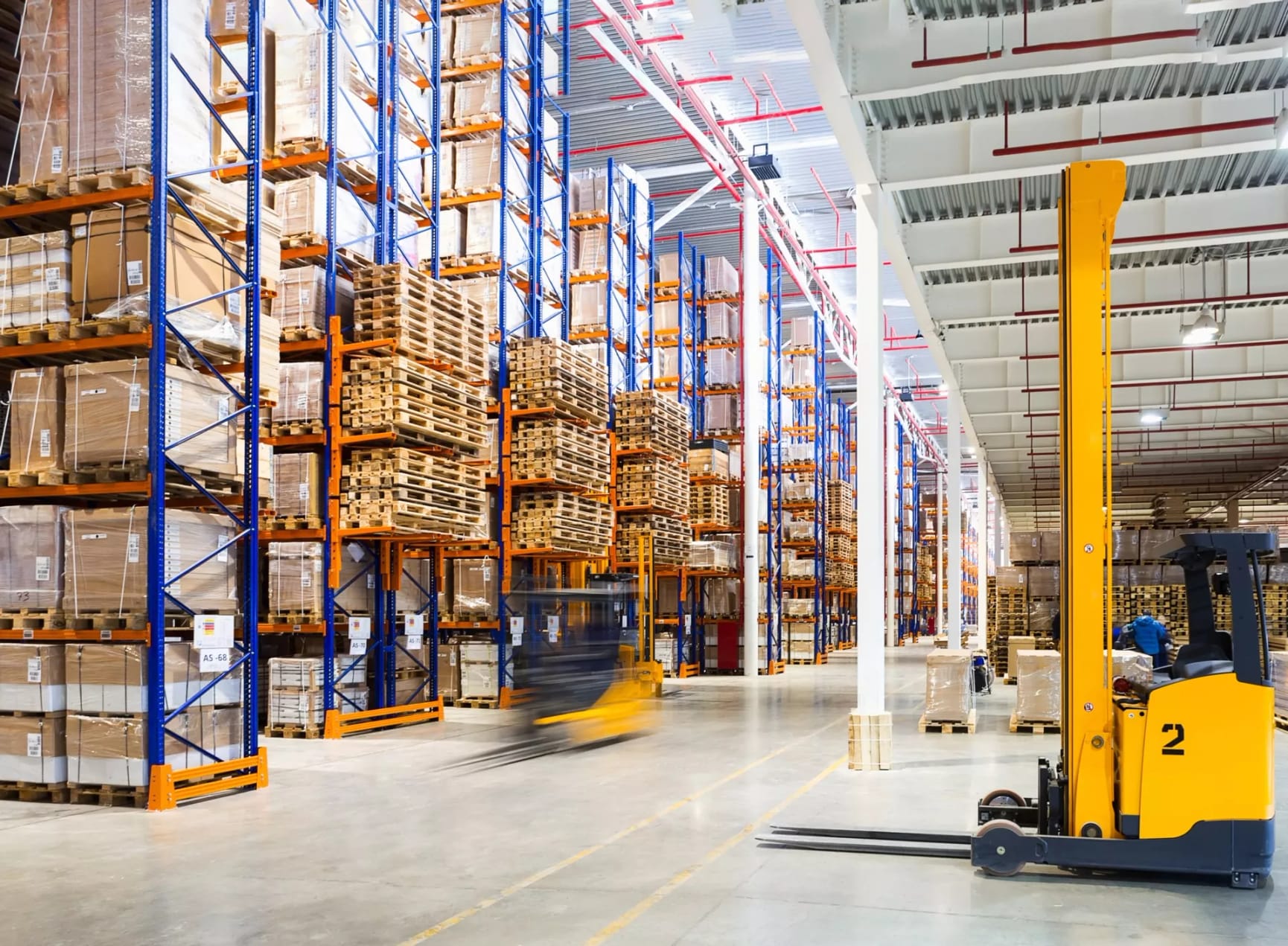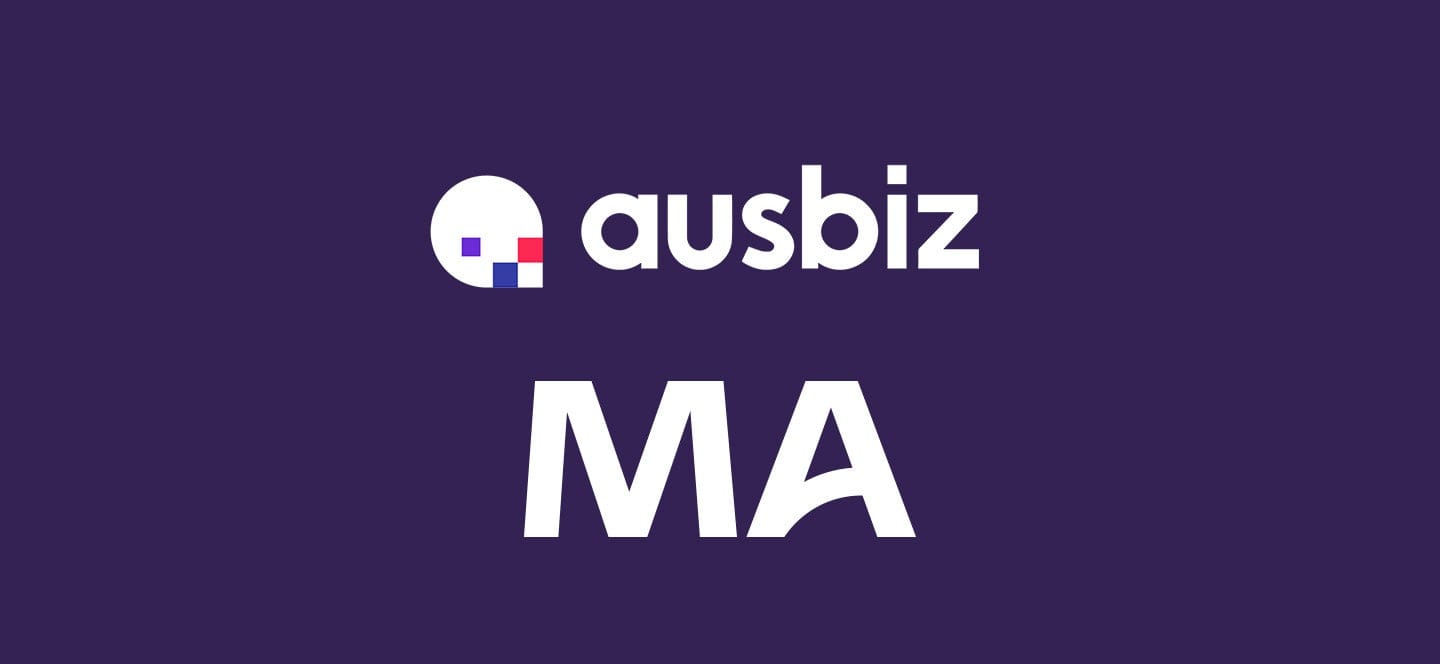

Amidst talk of higher inflation and recession reverberating around the globe, both equity and bond markets have experienced high volatility over the first half of 2022. As such, many investors are taking a cautious stance in allocating investment capital.
Defying the ‘wait and see’ approach is Australia’s booming hotels (or pubs) sector. As interest rate increases and structural headwinds continue to work their way through more traditional real estate markets, investor interest in alternatives has sharpened.
As a distinctive option within the alternative real estate investment landscape, hotels are attracting strong prices up and down Australia’s eastern seaboard, with 2022 on track to be another record year for transactions. Recent sales attest to the levels of investor interest with yields also continuing to firm.
Historical performance results show hotels can be a resilient and robust growth alternative with relatively stable cash flows, diverse earnings profiles and low correlation to traditional asset classes.
The question remains, nonetheless: how will hotels perform as inflation ratchets up over the medium term?
Inflation spikes globally
The Australian headline Consumer Price Index (CPI) is now 6.1%; its highest level since the early 1990s.1 The Reserve Bank of Australia (RBA) recently revised the inflation forecast, estimating the headline CPI rate will reach 7.75% by the end of 2022.
This will come as a shock to many after the RBA just six months ago forecast inflation to peak at less than half that level (3.25%) in mid-2023. Inflation is anticipated to fall back within a range of 3-5% in 2023.2
At 8.5% (down from 9.1%), US annual inflation may be falling from its peak, although is significantly higher than the US Federal Reserve’s 2% target.3 The Bank of England (BOE) also has a 2% inflationary target however with UK inflation currently at 10.1% and an official forecast to peak later this year at over 13%, it appears there will be more BOE intervention to come.4
In response, central banks globally have adopted aggressive policy tightening. August marked the RBA's fourth consecutive rate hike and third consecutive 50-basis point increase. US rates have been tightened four times during 2022, the last two steep increases of 75-basis points in June/July. Similarly, the most recent rate hike by the BOE saw rates increase for the sixth consecutive month, the August tightening by 50-basis points.
Fine-tuning monetary policy to curb price rises and manage inflationary expectations while simultaneously minimising negative economic growth will clearly be a challenge for the RBA, caught short on anticipating the arrival of inflationary effects from protracted fiscal stimulus, persistent supply-chain disruptions, surging energy costs and pent-up consumer demand.
Countering the high inflation/low growth narrative, the Australian economy continues to support a strong labour market with jobs growth holding up and the unemployment rate of 3.4% at its lowest level in almost 50 years.5
How will higher prices impact investment performance of hotels?
Inflation is with us, for now.
Historically, real assets have performed better than other asset classes during inflationary periods. Rising inflation however can be both good and bad for real estate depending on lease covenants and the overall impact on tenant demand and the value of the asset.
Investing in alternatives like freehold going concern hotels (owning the land, buildings and operating businesses) provides greater adaptability to preserve income growth versus more traditional asset classes, which may have more structured income profiles. Astute operators can refine their offering to improve the quality and performance of venues as well as actively manage margins, passing price increases through to consumers, helping to maintain a growing cashflow that offsets inflation.
Consistent with other asset classes, hotels recorded varied revenue results through the course of mandatory COVID-related lockdowns earlier in the year, as well as a series of devastating flooding events.
In fact, the performance of hotels has been tested repeatedly over the last decade. Changes to gaming laws and smoking regulations, Sydney’s strict Lockout Laws as well as alternative entertainment options vying for the discretionary dollar have all tested venue owners to improve operational effectiveness and evolve and expand their customer offerings.
In overcoming these challenges, the industry has demonstrated its resilience and proven it can adapt to deliver positive, long-term performance for investors.
What is driving the performance of hotels in 2022?
Hotels have occupied a unique place at the heart of Australian society for a long time, being key cornerstones for communities in both regional and urban centres.
Throughout the last two years of COVID-19, Australians have simultaneously embraced new behaviours while reverting to old ones. The pandemic highlighted the importance of flexible and hybrid work, the ability for consumer spending patterns to quickly adapt to e-commerce and omnichannel offerings, it challenged brand loyalty by convenience and digital access, as well as changed the patterns of local migration and demand for housing.
While behavioural patterns adapted, perhaps permanently, other cultural norms have been re-prioritised. Critical components of wellbeing, like social connection and community engagement, have been embraced as fundamental to a balanced life – and visits to the pub provide a consistent and familiar experience. Also having a positive impact are the government stimulus payments into hip pockets to counter the economic impacts of the pandemic.
Additionally, the relative affordability of food and beverage options in venues in a time of general price increases remains compelling, and this has translated into increased demand along with a fresh stream of patrons looking to enjoy their local establishment.
Experienced venue operators have responded in kind, adding value through active management and continual changes to their offerings. Hotels have evolved to attract a diverse crowd – quality service, more sophisticated food and beverage choices, destination dining options seamlessly combined with more traditional trivia nights, music events, sponsorship of local sporting teams and the hosting of viewings of major sporting events.
Cashflow insulated from the inflation hangover
The overall performance of hotels will undoubtedly be impacted as inflation continues to bite, staff shortages continue to create restrictions, and consumer confidence diminishes with economic growth forecast to slow into 2023.
Despite this outlook, the adaptive pricing power of quality operators, astute management of margins and solid business operating models are primed to support hotel revenue streams.
There is deep confidence in the resilience of well-managed, community-focused freehold hotel investments to ride out the inflationary period ahead and seek to maintain robust investor income.
For more information about our hospitality capabilities and solutions, please get in touch.
1. Consumer Price Index, Australia, ABS Cat. No. 6401, June 2022, www.abs.gov.au
2. RBA Statement on Monetary Policy - August 2022, February 2022, http://www.rba.gov.au/publications/smp/2022
3. US Federal Reserve, Speech by Governor Michelle Bowman, 6/08/2022, https://www.federalreserve.gov/newsevents/speech/bowman20220806a.htm
4. Monetary Policy Report – Bank of England, August 2022, www.bankofengland.co.uk
5. Labour Force, Australia, ABS Cat. No. 6203, Seasonally adjusted, July 2022, www.abs.gov.au
Important Information: This material has been prepared by MA Asset Management Ltd (ACN 142 008 535) (AFSL 327 515). The material is for general information purposes and must not be construed as investment advice. This material does not constitute an offer or inducement to engage in an investment activity nor does it form part of any offer or invitation to purchase, sell or subscribe for in interests in any type of investment product or service. This material does not take into account your investment objectives, financial situation or particular needs. You should read and consider any relevant offer documentation applicable to any investment product or service and consider obtaining professional investment advice tailored to your specific circumstances before making any investment decision. Any investment in a fund managed by MA Financial Group is subject to the terms and conditions of the relevant fund offer document. This material and the information contained within it may not be reproduced or disclosed, in whole or in part, without the prior written consent of MA Asset Management Pty Ltd. Any trademarks, logos, and service marks contained herein may be the registered and unregistered trademarks of their respective owners.
Nothing contained herein should be construed as granting by implication, or otherwise, any licence or right to use any trademark displayed without the written permission of the owner. Statements contained in this material that are not historical facts are based on current expectations, estimates, projections, opinions and beliefs of MA Asset Management Pty Ltd. Such statements involve known and unknown risks, uncertainties and other factors, and undue reliance should not be placed thereon. Additionally, this material may contain “forward-looking statements”. Actual events or results or the actual performance of MA Asset Management Pty Ltd or an MA Financial Group financial product or service may differ materially from those reflected or contemplated in such forward-looking statements. Certain economic, market or company information contained herein has been obtained from published sources prepared by third parties. While such sources are believed to be reliable, neither MA Asset Management Pty Ltd, MA Financial Group or any of its respective officers or employees assumes any responsibility for the accuracy or completeness of such information. No person, including MA Asset Management Pty Ltd and MA Financial Group, has any responsibility to update any of the information provided in this material.





